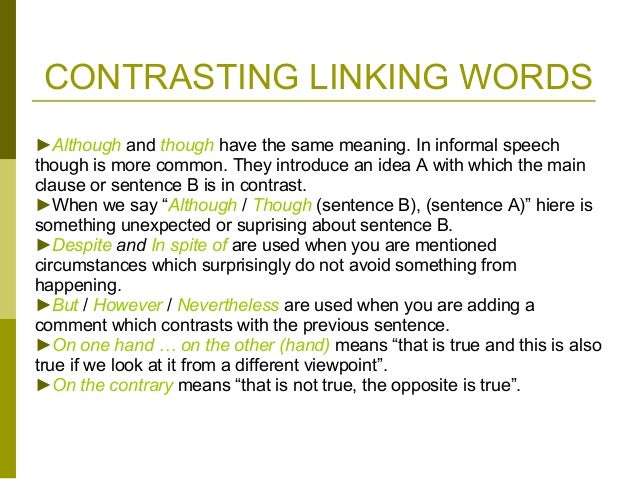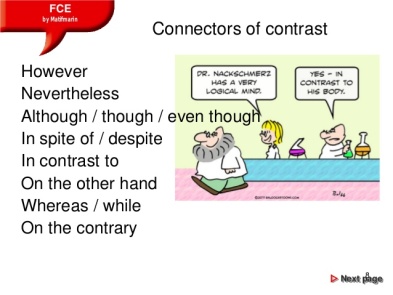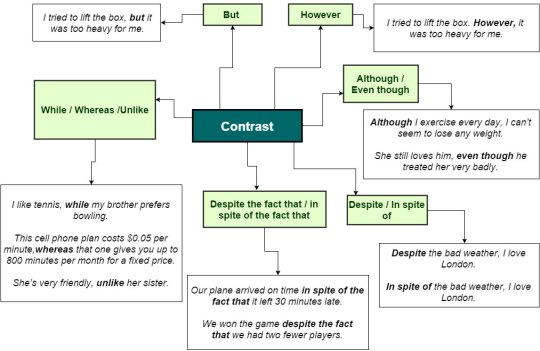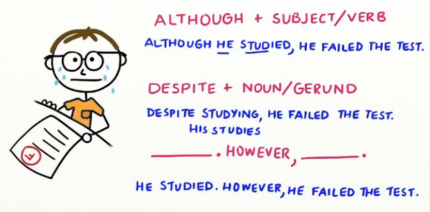Relative clauses
Defining or non-defining?
Remember that defining relative clauses are used to add important information. The sentence would have a different meaning without the defining relative clause.
Relative clauses - non-defining relative clauses
Relative clauses add extra information to a sentence by defining a noun. They are usually divided into two types – defining relative clauses and non-defining relative clauses.
Non-defining relative clauses
Look at this sentence.
Non-defining relative clauses
Look at this sentence.
- My grandfather, who is 87, goes swimming every day.
‘who is 87’ is a non-defining relative clause. It adds extra information to the sentence. If we take the clause out of the sentence, the sentence still has the same meaning.
Look at some more examples.
Look at some more examples.
- My eldest son, whose work takes him all over the world, is in Hong Kong at the moment.
- The film, which stars Tom Carter, is released on Friday.
- The car, which can reach speeds of over 300km/ph, costs over $500,000.
In the first sentence, it is clear which son is being talked about and the relative clause provides extra information. In the second sentence, the speaker thinks you know which film you are talking about, and the information about Tom Carter is just something interesting. In the third sentence, the speaker thinks you already know which car is being discussed. The information about the speed is just for interest.
Defining or non-defining?
Remember that defining relative clauses are used to add important information. The sentence would have a different meaning without the defining relative clause.
- I’m going to wear the skirt that I bought in London.
- The skirt, which is a lovely dark blue colour, only cost £10.
The first sentence with a defining relative clause tells us which skirt. The second sentence, with a non-defining relative clause, doesn’t tell us which skirt – it gives us more information about the skirt. The context (which is missing here) makes it clear which skirt is being talked about.
Non-defining relative clauses can use most relative pronouns (which, whose etc,) but they CAN’T use ‘that’ and the relative pronoun can never be omitted.
The film, that stars Tom Carter, is released on Friday.
Non-defining relative clauses are more often used in written English than in spoken English. You can tell that a clause is non-defining because it is separated by commas at each end of the clause.




